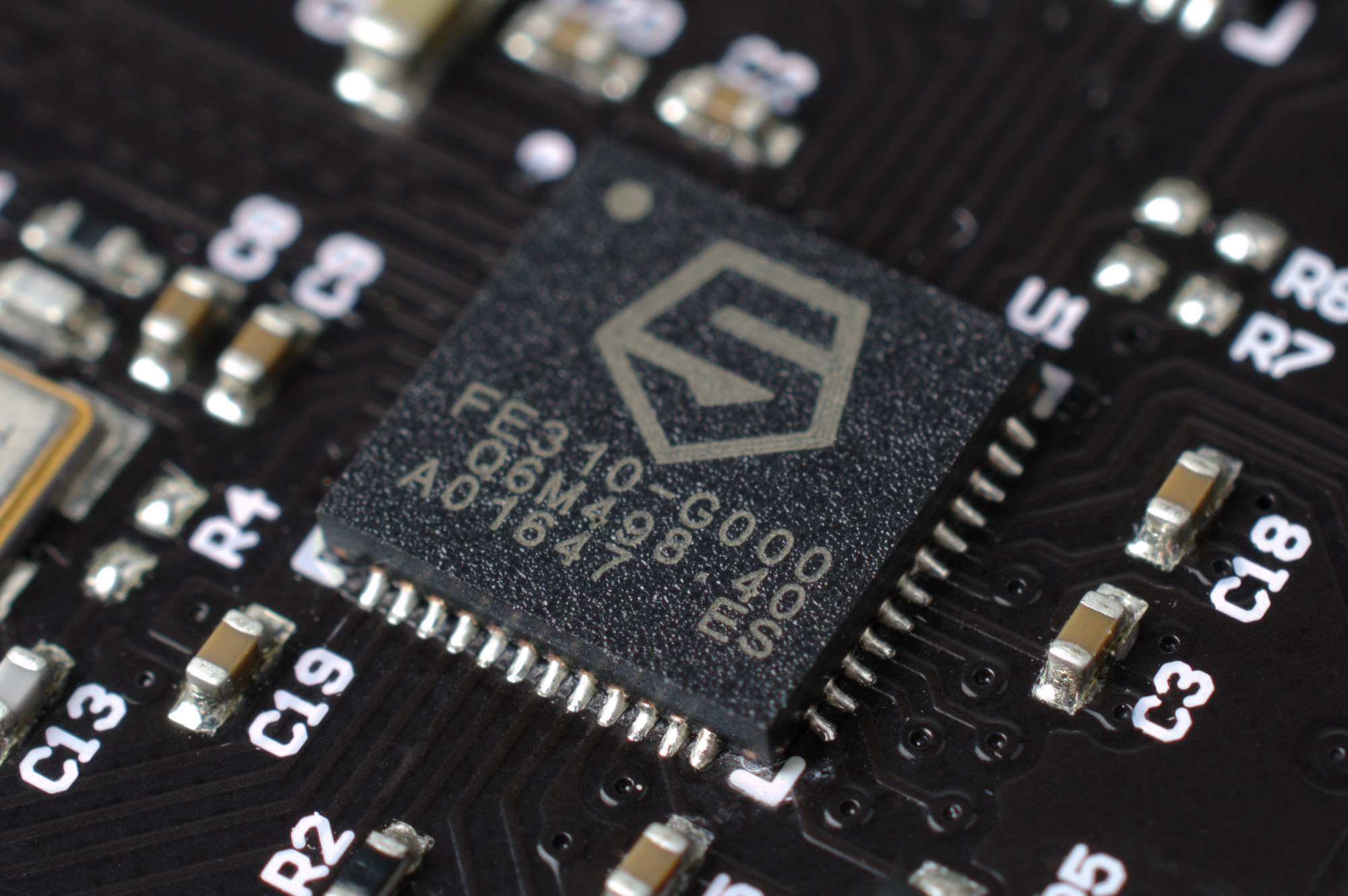Frank Hannig and Jürgen Teich, of the Friedrich-Alexander University Erlangen- Nürnberg, have penned their thoughts on open-source hardware in the latest issue of IEEE Computer – concluding it will “pave the way to a plethora of new fantastic electronic devices.”
“One of the amazing things about open source is that it is not just about open source software (OSS) code only any longer,” says issue editor Dirk Riehl. “The open source movement has brought open collaboration and open licensing into all kinds of domains, ranging from wikis and Wikipedia through open access to this month’s column on open source hardware (OSH).”
In the piece, Hannig and Tiech focus on two key areas of open-source hardware success: the Arduino project, in a section which coincidentally echoes the title of the third-ever OSHUG meet-up, and the release of soft- and hard-core processor IP – the latter looking into the origins of free and open source silicon with LEON-1 and OpenRISC 1000, as highlighted in our own piece on the topic, and the growth of the Free and Open Source Silicon (FOSSi) Foundation, the LibreCores portal, RISC-V International, and the CHIPS Alliance.
In their look at the benefits of open-source hardware, the pair identify innovation, democratisation, improved security through transparency and traceability impossible to offer in a closed-source ecosystem, and research and education. Challenges, meanwhile, include legal aspects relating to licensing and where non-profit organisations should base themselves to avoid export and regulatory issues, protection of proprietary data, and the difficulties in convincing for-profit companies to participate.
“We believe,” the pair conclude, “that rapidly growing open communities and developments will soon overcome the above challenges, and OSH will pave the way to a plethora of new fantastic electronic devices.”
The full article is available to download as a PDF from the IEEE website.
